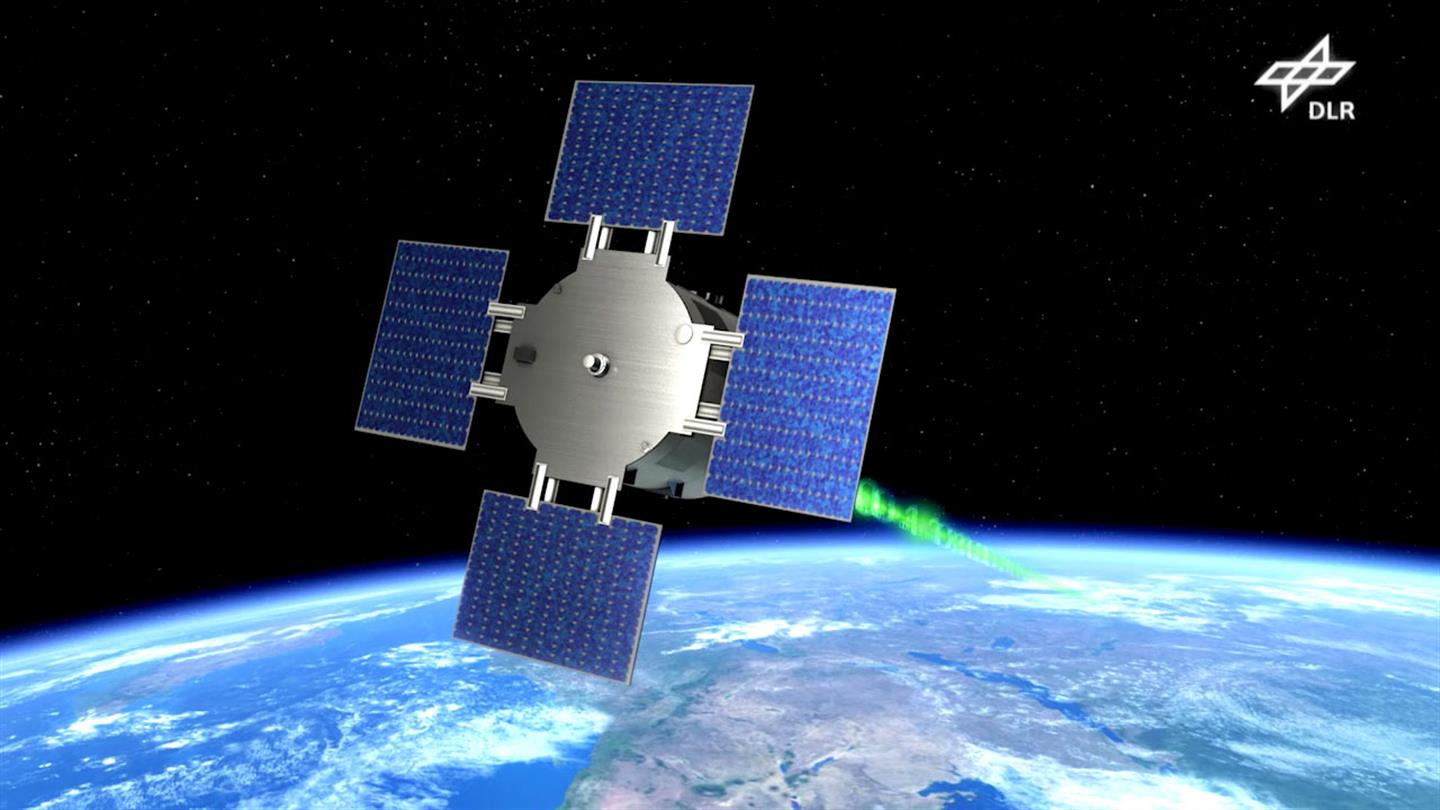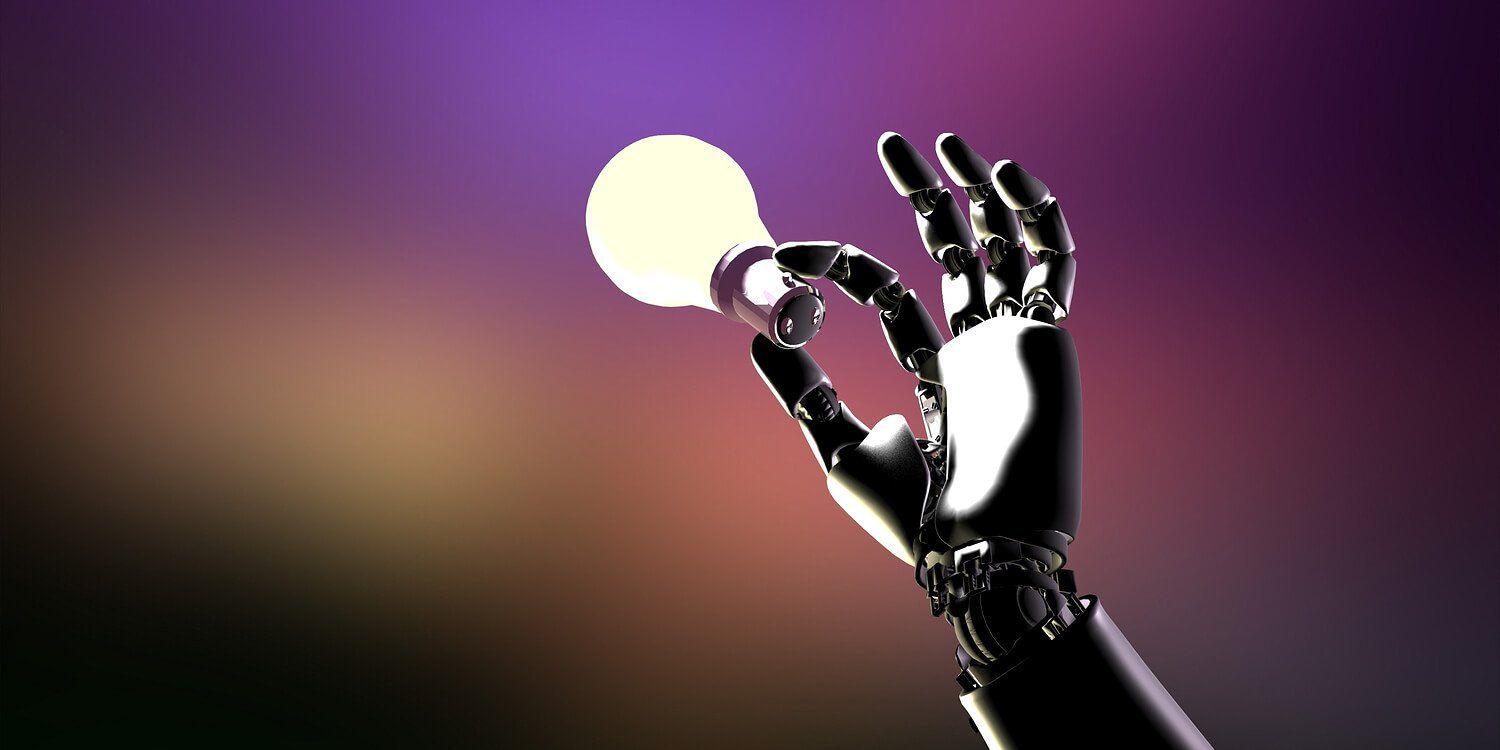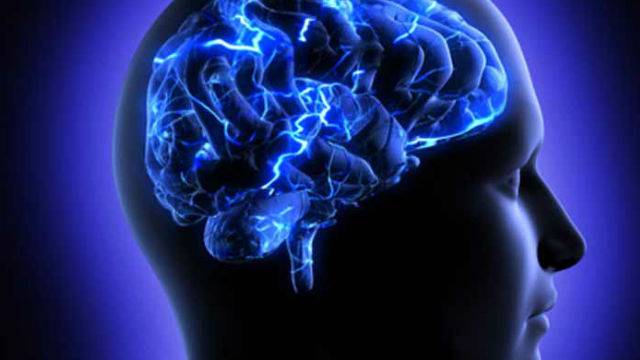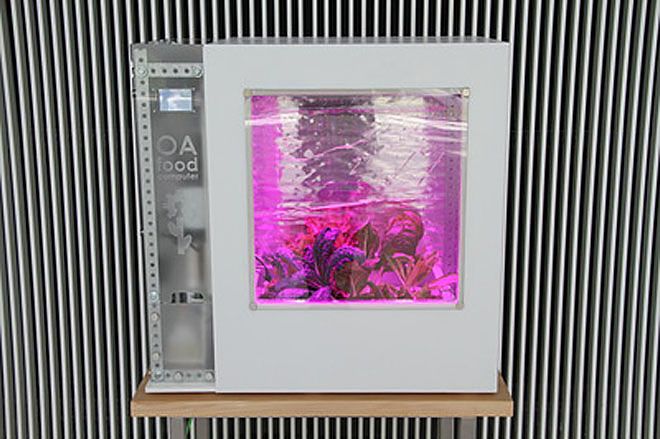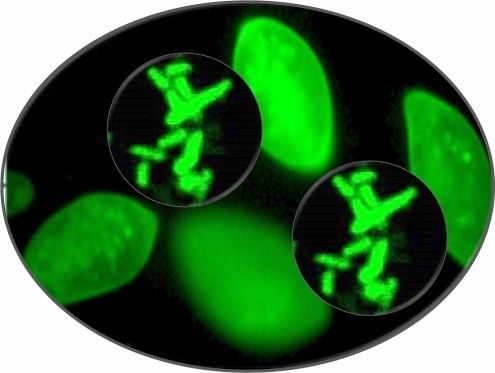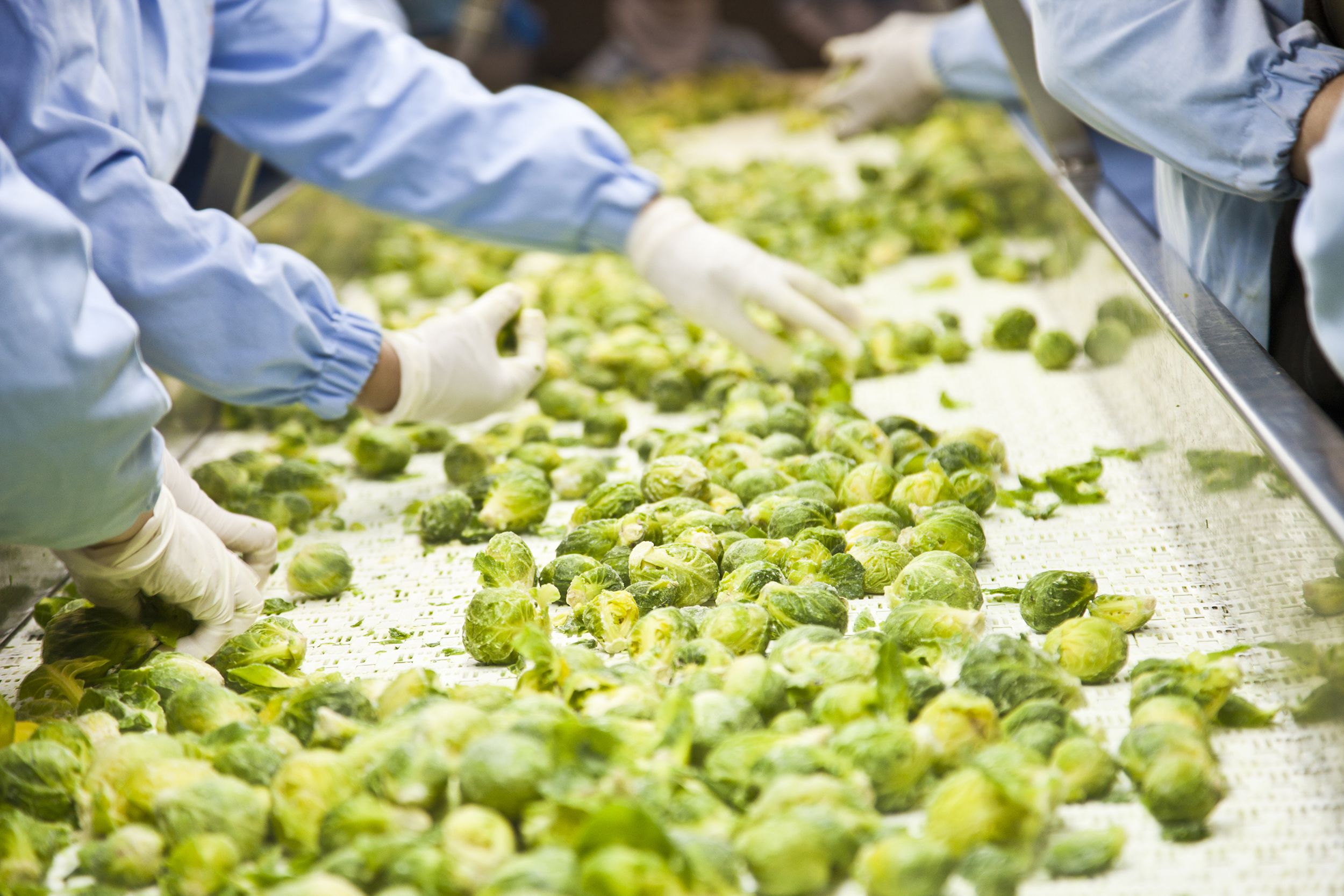Feb 1, 2017
Space Farming: Satellite’s Greenhouses to Simulate Moon, Mars Gravity
Posted by Klaus Baldauf in categories: food, satellites
A satellite that’s scheduled to launch later this year will conduct plant-growth experiments in both lunar and Martian gravity, as a way to help prepare for future human settlement of these worlds.
The Eu: CROPIS spacecraft will rotate around its own axis in low-Earth orbit, at an altitude of over 370 miles (600 kilometers). The satellite will initially produce the gravitational force of the moon on its inside for six months, and will then replicate Martian gravity for another six months.
During this time, tomato seeds will germinate and grow into small space tomatoes; 16 onboard cameras will document the plants’ progress. [Plants in Space: Photos by Gardening Astronauts].
